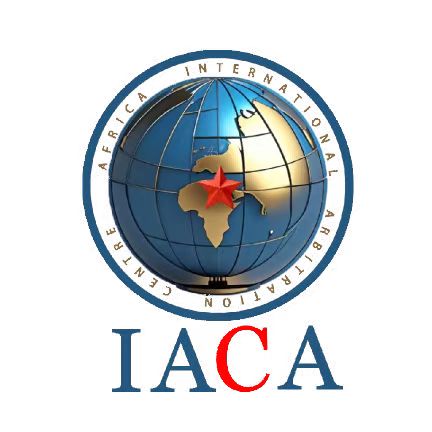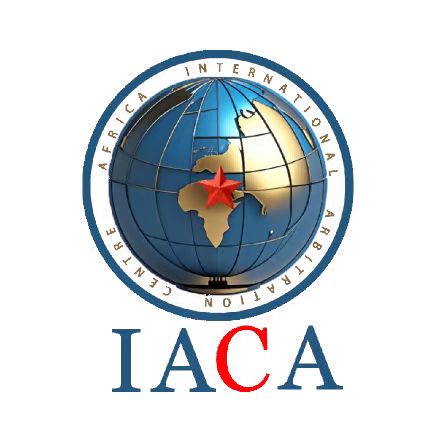Asian African arbitration institutions gather in Beijing
2025-07-03
On June 28, 2025, during the Beijing "Rule of Law Escort the Silk Road Cohesion and Create a Future Together - Jointly Build the 'the Belt and Road' Foreign related Legal Service Seminar", Zhang Zhijie, Chairman of the African International Arbitration Center, held a high-level meeting with Datuk Alana Shamila Johanno, Chairman of the Asian International Arbitration Center, to launch a strategic dialogue around deepening Asia Africa arbitration cooperation and optimizing the global economic and trade dispute settlement mechanism. The meeting brought together core forces in the field of arbitration on two continents and outlined a new path for countries along the "the Belt and Road" to provide efficient legal protection.
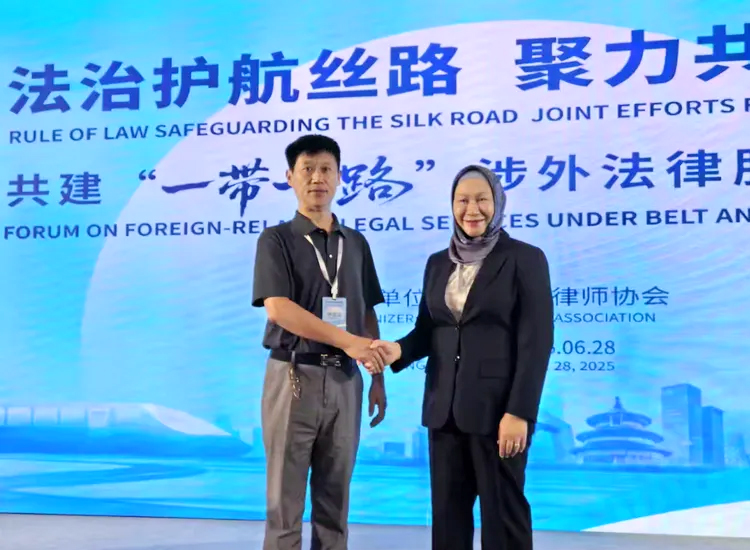

Focusing on transcontinental resource integration, exploring innovative cooperation, the two sides conducted in-depth discussions on the synergy model in the field of international commercial arbitration, focusing on resource linkage under the framework of the "the Belt and Road" initiative. Chairman Zhang Zhijie pointed out that as an emerging regional institution, the African International Arbitration Center has accumulated rich practical experience in traditional fields such as mineral resource development and infrastructure construction, and looks forward to forming complementary advantages with Asian institutions in cross-border investment dispute resolution. The combination of the development needs of the African market and the mature system of Asian arbitration will provide cross-border commercial entities with dispute resolution solutions that are more tailored to regional characteristics, "Datuk Alna Shamila Johanno responded, stating that the Asian International Arbitration Center has a leading advantage in rule making in emerging fields such as digital economy and green energy. The center plans to enhance the professionalism and accuracy of cross continental dispute resolution through measures such as establishing mutual visit mechanisms, conducting joint training, promoting legal investigation collaboration, and sharing arbitration resource cases. The dialogue between Asian and African civilizations will give arbitration mechanisms a more inclusive cultural perspective, helping to achieve efficient resolution of cross-border disputes in diverse contexts.
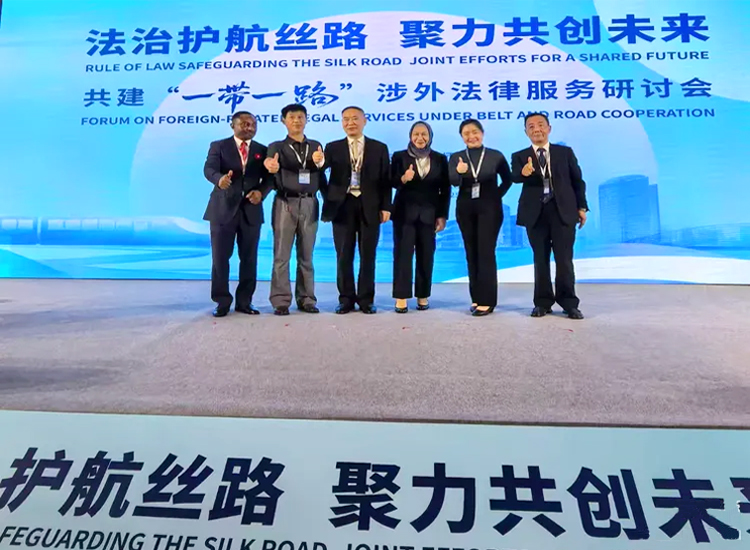
The two sides agreed to actively promote the establishment of the "the Belt and Road" dispute settlement cooperation mechanism, and provide legal support with strong accessibility and efficiency priority for economic and trade activities of countries along the route through institutionalized design. In his summary, Zhang Zhijie stressed that "the cooperation of Asian and African arbitration institutions is not only a geographical connection, but also a bridge for mutual learning of civilizations. This cross continent interaction will inject oriental wisdom into reshaping the rules of global economic governance and promote the development of the dispute settlement system in a more balanced and inclusive direction." The meeting was witnessed by Heather Ye Jing Wah, Vice President of the Asian International Arbitration Center, Zhang Zhiqin, Vice President and Secretary General of the African International Arbitration Center, and Han Lide, Deputy Secretary General, as well as the President of the Zimbabwe Bar Association and the President of the Zambia Bar Association, marking the substantive stage of cooperation between Asian and African legal circles under the framework of the "the Belt and Road".
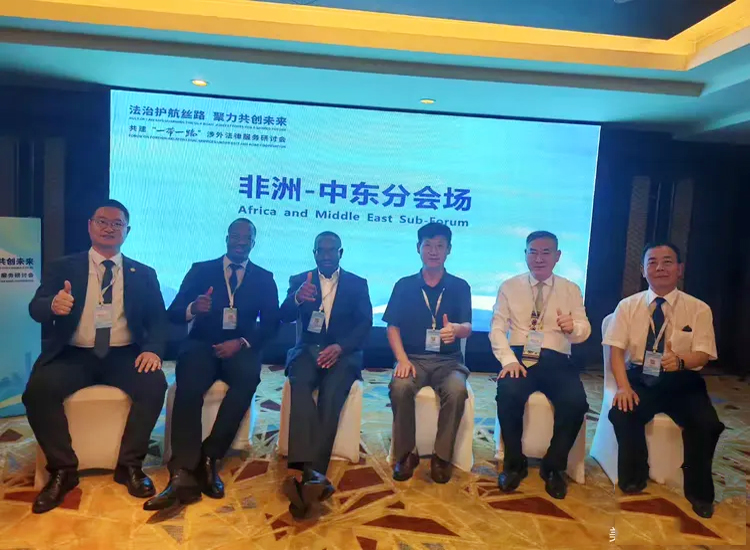
In the future, both parties will take mechanization as the starting point and gradually build a dispute resolution network covering two continents, providing multinational enterprises with a full chain of legal services from rule making to dispute resolution. With the deepening development of the "the Belt and Road" initiative, the demand for international commercial dispute resolution is diversified. As an important engine of global economic growth, the cooperation of arbitration institutions in Asia and Africa will effectively reduce the legal risk of cross-border transactions, provide legal guarantee for the stability of the industrial chain supply chain of countries along the line, and further consolidate the institutional foundation for high-quality development of the "the Belt and Road".
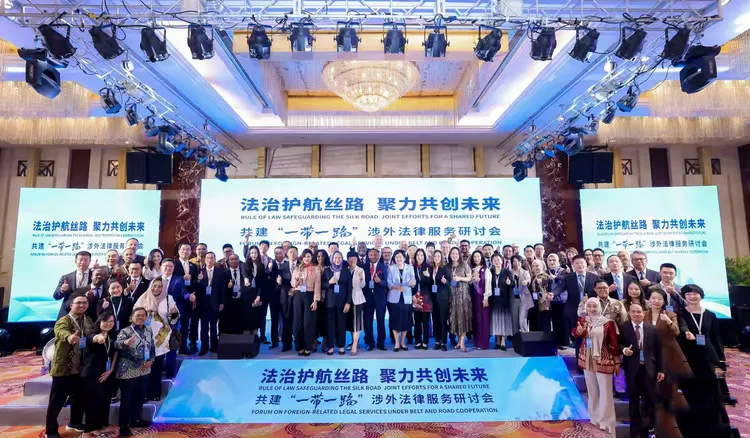
Independent, impartial and innovative
Providing extended services to facilitate arbitration and dispute resolution
